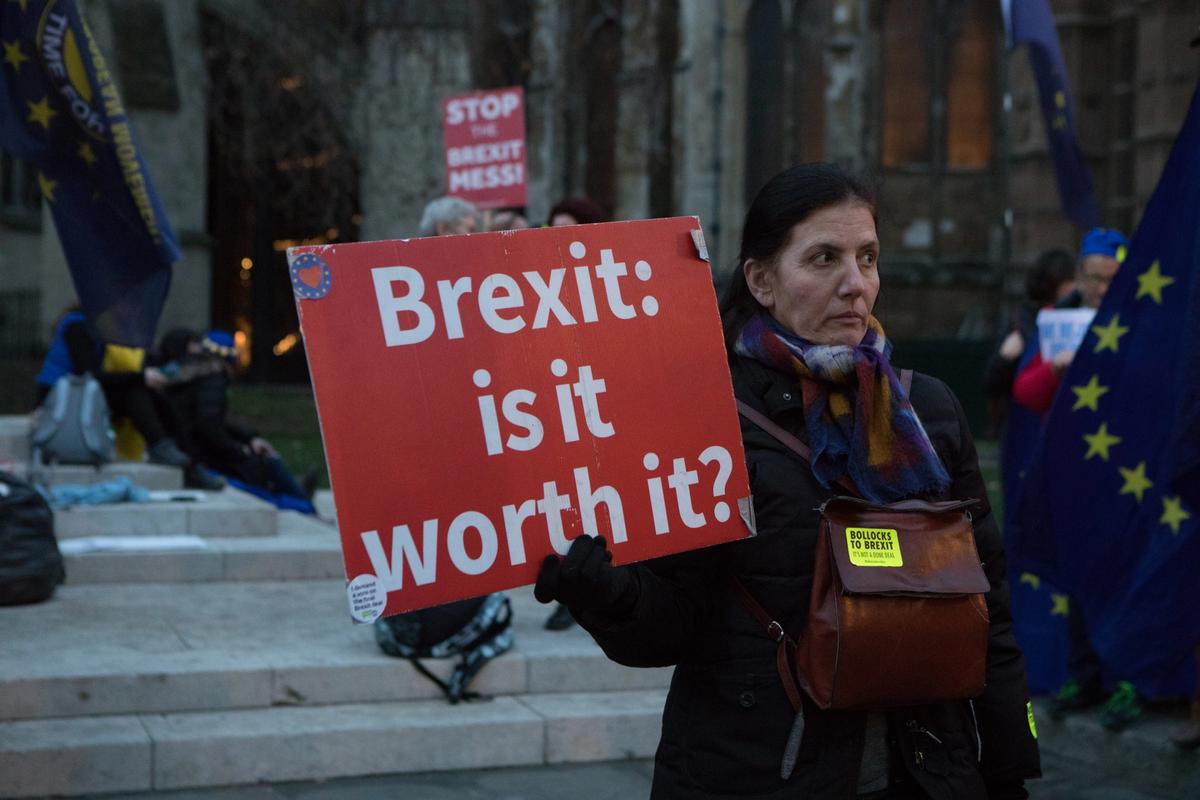The founders of a new museum dedicated to Brexit—focusing on the UK’s departure from the European Union (EU) following the 2016 referendum—have launched an appeal for funds and items. Trustees of the new museum hope to raise £400,000 to buy a home for the museum, which may be located in the West Midlands according to the Guardian. Lee Rotherham, a museum trustee, tells The Art Newspaper that the new venue will be located outside of London.
Asked how the museum will raise funds long term, Rotherham says: “As soon as people see it’s a concrete idea, it will become easier. Once a site is sorted, the next strand [of the plan] is to raise funds long term. We also plan to choose a location where there is significant support for the museum; it will all be set at a sustainable level.” The museum also hopes to raise funding from business figures who backed Brexit.
The planned institution was initially called the Museum of Sovereignty, according to an earlier website that was recently taken down. The museum’s trustees have since secured charitable status by telling the watchdog body, the Charity Commission, that the new museum would be “neutral”, presenting the divorce from the EU in context. A curator will also be appointed; there are currently no Remain-supporting trustees.
The current website says: “There were two sides to the 2016 Brexit debate, and both need to be explored. The deeper story of Euroscepticism itself can only be understood in context, as a response to European integration happening in parallel and for its own reasons.”
How the museum explores Britain’s relationship with the European Union is under discussion. The museum could “cover the 2016 Brexit referendum and its aftermath; secondly the years 1950-2015, with the pursuit of European integration and the growth of Euroscepticism in response; and thirdly the persistent and underlying threads in British history from Julius Caesar down to 1950,” says the website.
A library and archive collection will ensure academics have easy access to a comprehensive catalogue of material, to facilitate research but also assist with “academic balance”, the founders add. The museum is seeking “artefacts of visual interest for display, personal archives that tell the hidden story, and books and other printed material”. There are around 30 drop-off points for objects around the UK.


